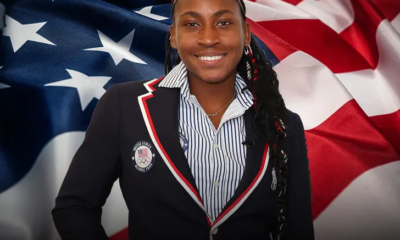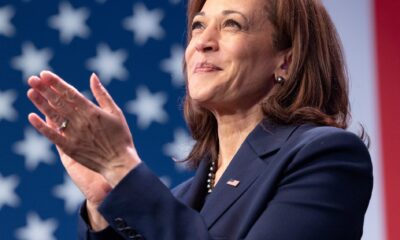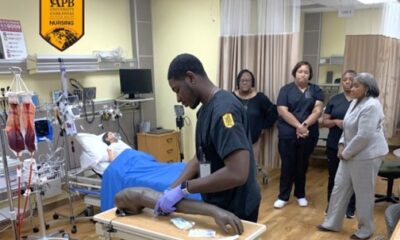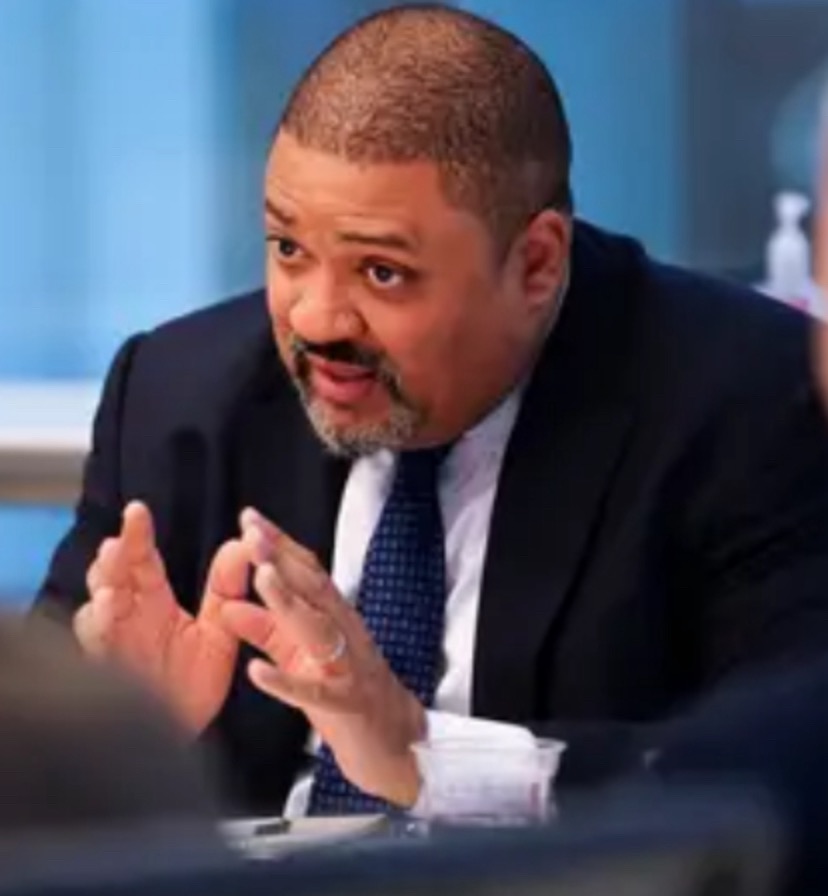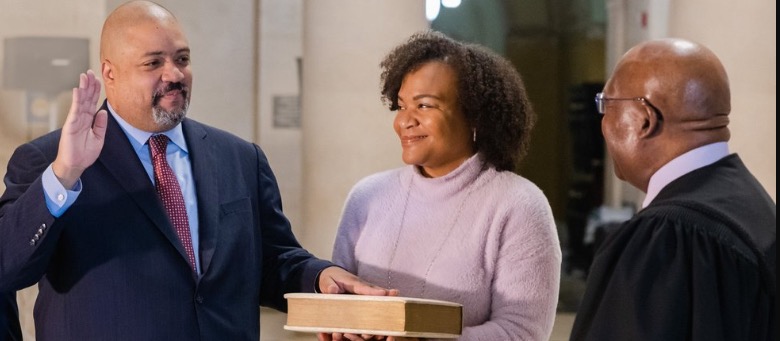Black History
How A Mosquito Changed A College Student’s Life
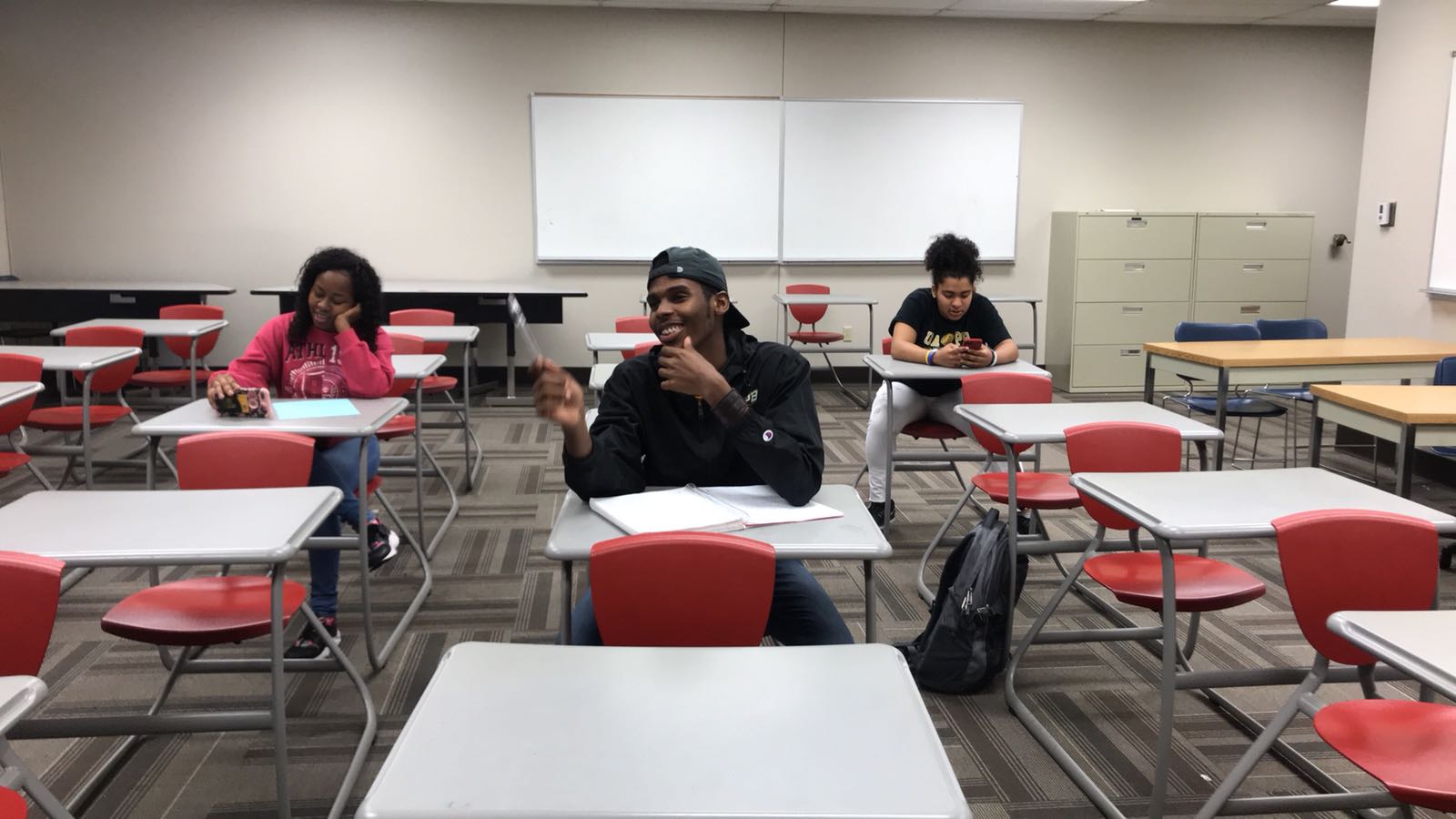
Black History
Coco Gauff Becomes the Youngest Flag Bearer in US Olympic History
Black History
California Is the First State to Create A Public Alert for Missing Black Youth
Black History
First Black Manhattan District Attorney Wins Historic Felony Convictions Against Donald Trump
-

 Black History4 years ago
Black History4 years agoThe Idlewild Resort: Once the Largest, Most Successful Resort in the Midwest for Black People
-

 Black History5 years ago
Black History5 years agoMeet Sarah Boone, the Woman Who Patented the Ironing Board
-

 Black History3 years ago
Black History3 years agoCharles Baker: African American Inventor of Friction Heat
-

 Black History4 years ago
Black History4 years agoAuburn Avenue: The Richest “Negro Street in the World”
-

 Black History4 years ago
Black History4 years agoBoley, Oklahoma: One of the Last All-Black Towns Still Standing
-

 Black History8 years ago
Black History8 years agoUrsula Burns, From Intern to CEO
-

 Black History5 years ago
Black History5 years agoMeet Elijah McCoy: The father of Lubrication, the Real McCoy
-

 Black History4 years ago
Black History4 years agoFive Facts to Know About the Civil Rights Act of 1964 on its Anniversary


